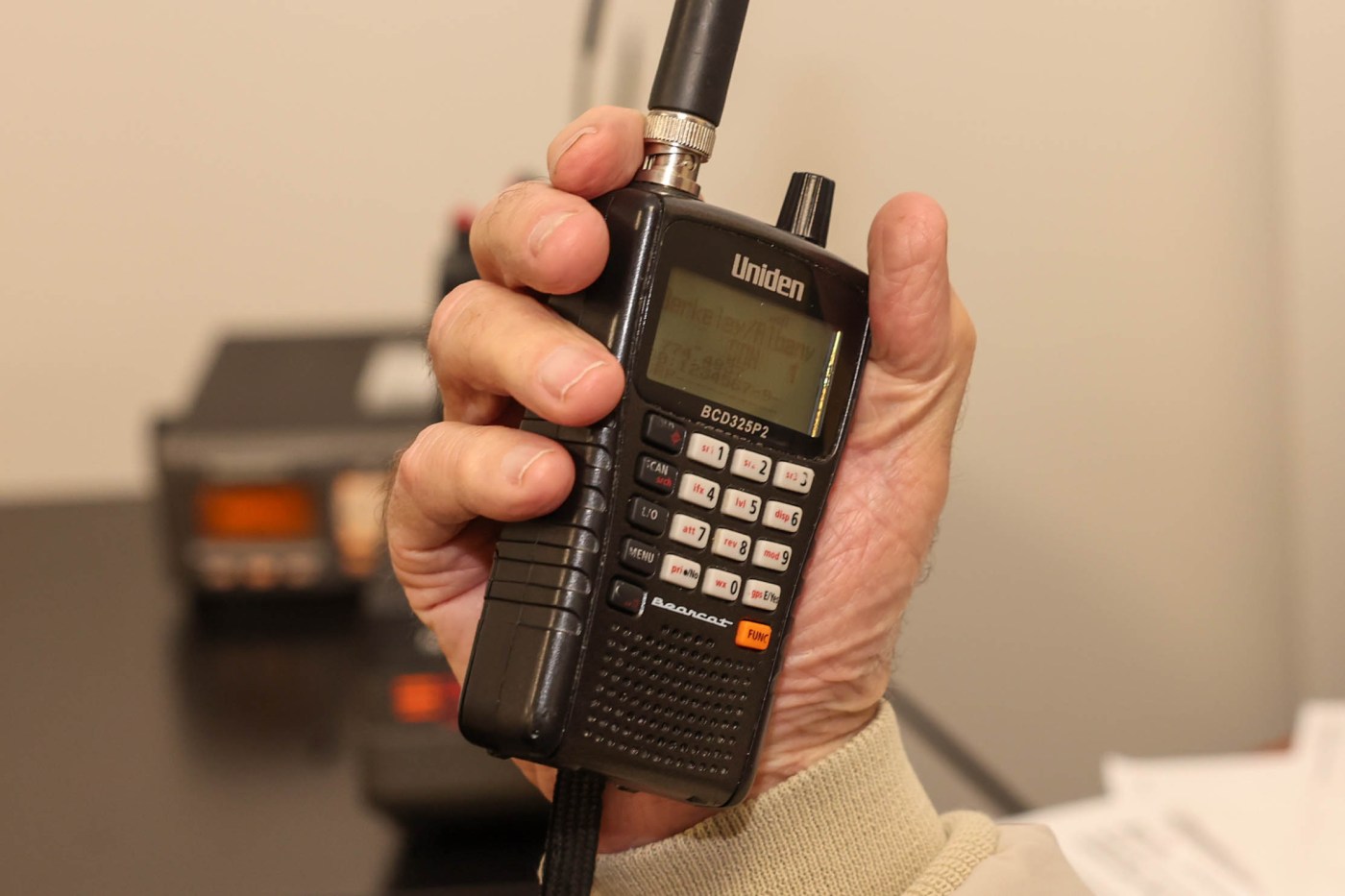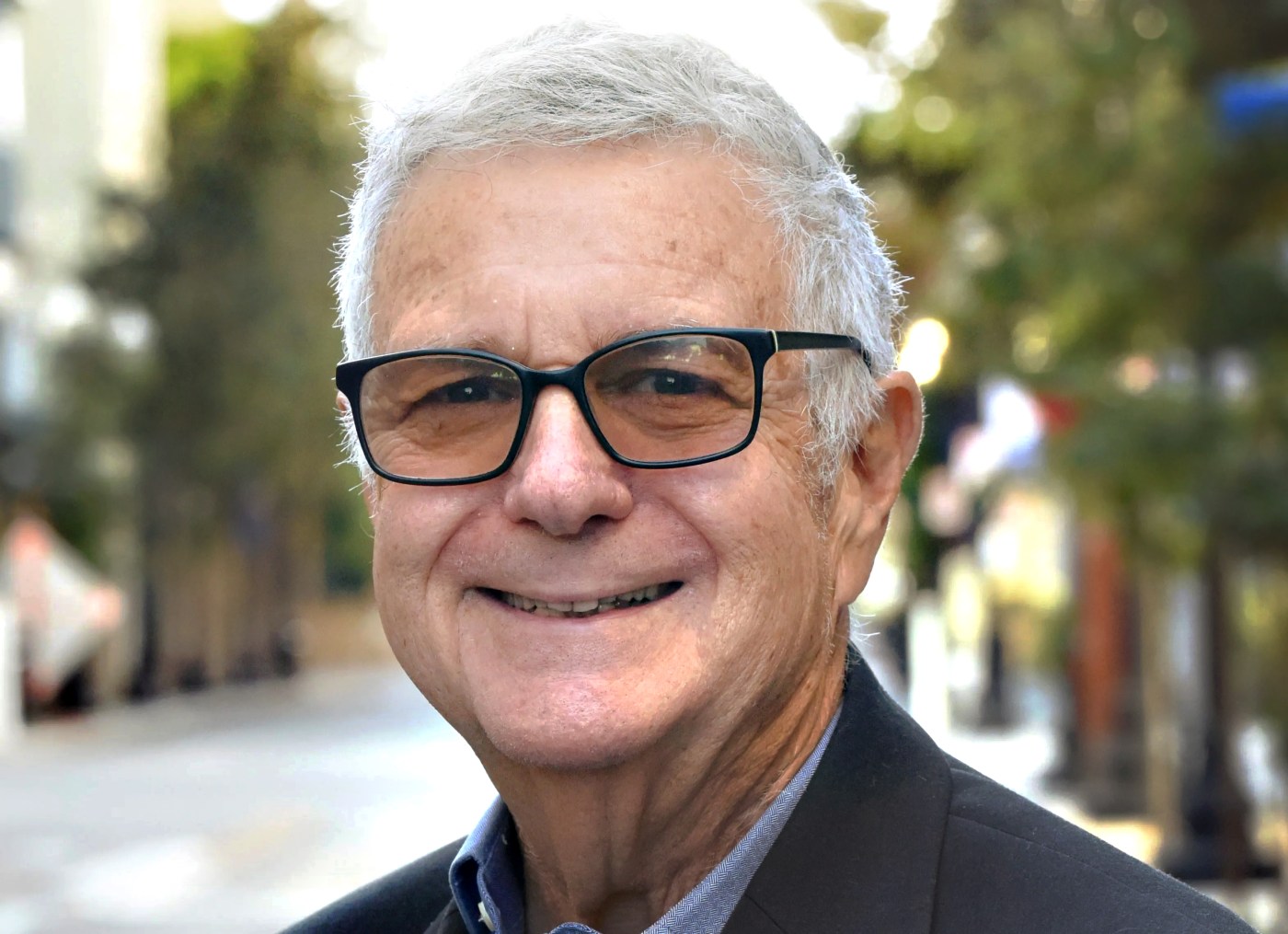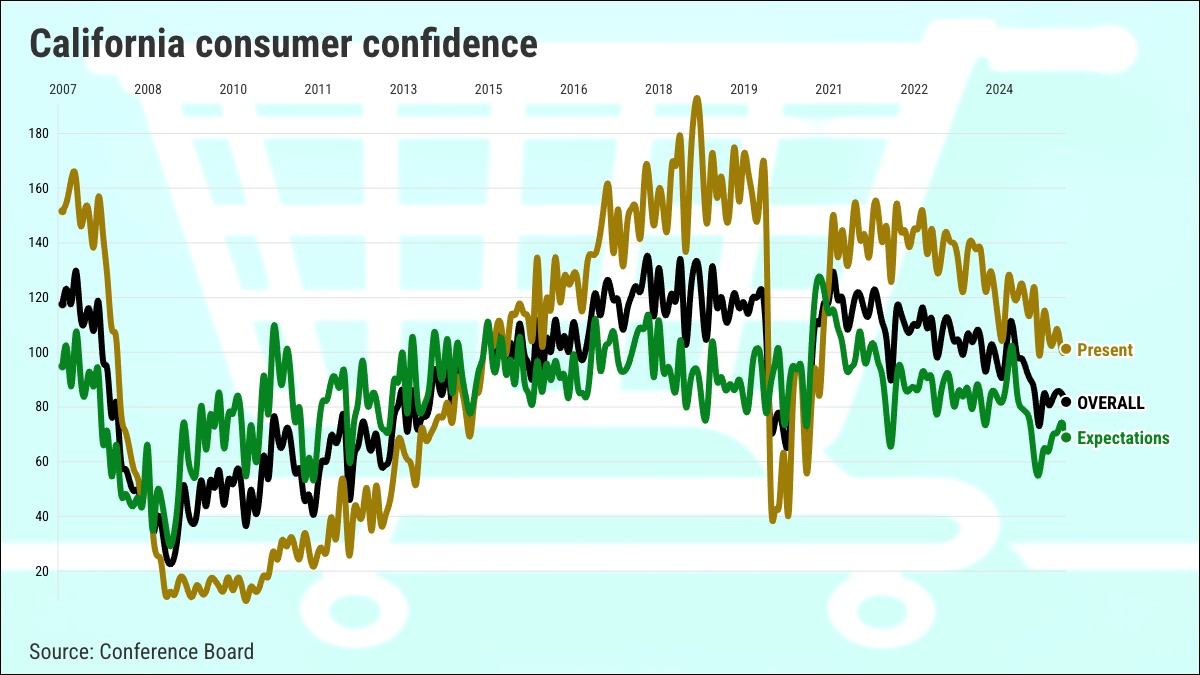BERKELEY — Full public access to police scanner activity in the East Bay will soon be unavailable after Berkeley councilmembers gave the city’s police department permission to encrypt radio communications Tuesday.
The council’s decision reverses a city policy adopted in 2021 that prohibited encryption in most cases. Berkeley Police Chief Jennifer Louis said the change was necessary to align with state and federal privacy requirements, protect officers when on duty and prevent potential suspects from evading arrest.
Related Articles
Millbrae responds to controversy over sheriff deputy’s unauthorized sleeping quarters
San Jose: Sheriff’s deputies fatally shoot man holding knife after traffic stop standoff
Will Berkeley silence its police scanners? Council to decide Tuesday
Home sweet Idaho? Millbrae chief under fire for allegedly living in police station
Longtime Walnut Creek police veteran will be department’s new chief
Having considered alternatives, Louis said switching between encrypted and unencrypted channels would be challenging given a dispatch staffing shortage and delaying the feed or creating a key or workaround for media would not solve the issue of protecting sensitive information, as required by a 2020 memo from former California Attorney General Xavier Becerra.
“Encyption addresses these concerns that have emerged and become more prevalent recently. We do understand that there is a level of access that’s going to be lost by going to encryption and we want to continue to provide as much information as we can as quickly as we can, that’s accurate,” Louis said during the meeting.
Councilmembers voted 8-1 to permit full radio encryption, with Councilmember Cecilia Lunaparra the lone dissent.
That vote came after more than two dozen public speakers implored the council to outright deny the request or further explore the issue with greater community input. Opponents of full encryption, including pedestrian and bike advocates and independent police oversight organizations, shared concerns that an important tool for monitoring police activity and remaining informed during emergencies would be stripped from the public, greatly harming police transparency.
A strong voice in opposition to full encryption was Andrea Prichett, founder of Berkeley Copwatch, a police accountability organization started in early 1990. Prichett said she has almost never heard personally identifiable information shared on public lines during her 35 years monitoring the police department.
In addition to being concerned about the lack of data used to justify arguments for encryption, Prichett echoed public concerns that the Police Accountability Board did not have an opportunity to review the policy change before it was brought to the council.
The board was formed in recent years after more than 85% of Berkeley voters supported adding the body to the charter in 2020, replacing the Police Review Commission that had been in place since 1973.
“The impact of the chief’s decision and the council following the chief is that the public is excluded from the project of public safety,” Prichett said. “Berkeley prides itself on having such a professional police department. What’s unknowable is the impact of having direct city monitoring of the police for 30 years.”
Police Accountability Board Chair Josh Cayetano and Police Accountability Office Director Hansel Alejandro Aguilar also were concerned about a lack of data or civilian review of the proposal. They both signed a letter to the council requesting they take more time to research the issue before approval.
“While recognizing the legitimate concerns for officer safety, the balance between safety and transparency must be guided by dialogue informed by the data,” the letter read. “Berkeley’s leadership in civilian oversight is grounded in transparency, inclusion and accountability. … Before turning off the radios, we must first listen to the data, to our Charter-established oversight bodies, and to the people of Berkeley.”
A majority of councilmembers ultimately sided with the police department after Louis presented a compromise in the form of a “near real-time” log that will inform the public of incident types, times and general locations, among other possible information, using the department’s computer-assisted dispatch system.
That supplemental proposal was also drafted with support from Lunaparra, who said she initially planned to support the policy change but decided to vote against the measure after listening to the public’s discontent.
“I ultimately agree with this item and hope we can continue to work to improve some of this,” Lunaparra said. “This is a very complicated piece and I think it deserves complicated thoughts.”
Other councilmembers said their support for a change came from concern for officer safety, Berkeley becoming a hotbed of crime if it remained the only city with unencrypted police scanners and a feeling of trust in the department and its practices.
Mayor Adena Ishii, who said she shared Lunaparra’s conflicted feelings, was also sympathetic to arguments that scanner feeds could be used by people looking to harm victims of crime. Councilmember Igor Tregub said he worried federal agents and immigration officials could use the feed to track down vulnerable residents.
“I do really want the public to understand that we had many conversations, that we spoke with the chief, that we spoke with our city manager and really what came out of this was the chief supplement,” Ishii said. “I really appreciate the partnership there and I hear what folks are saying, the concerns they have.”
The Berkeley Police Department did not respond to requests for comment Wednesday regarding how they currently protect sensitive information, what data they have to support their arguments that scanners are being used to evade officers or whether details like someone’s immigration status is shared on public channels, among other questions.
Officer Jessica Perry, spokesperson for the department, issued a statement to media partners stating the department “remains committed to transparency and to providing timely and accurate information to the public,” and detailing how media can contact the agency for more information on incidents as encryption is instituted.
Louis said during the meeting that the department is prepared to switch to encryption and roll out the new incident log “relatively quickly.” As for seeking scanner recordings through public records requests, Louis said the department would need to review government code given the need to protect sensitive information and the workload burden that would result from needing to make redactions.





